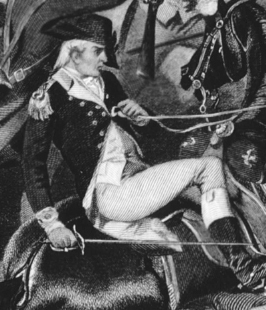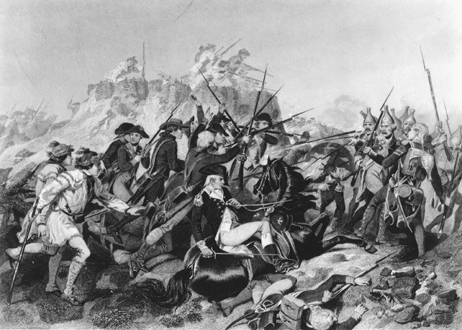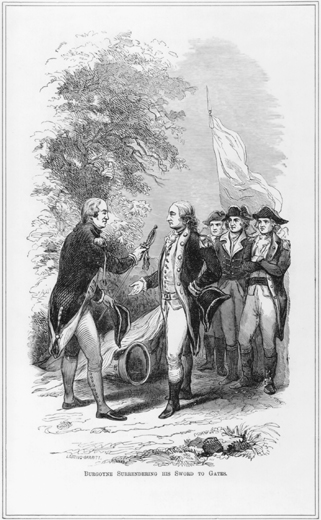The debt of gratitude we owe to a most unlikely hero.

On a hillside near Saratoga, New York, a bitter battle was raging between a ragtag American army and crack British troops. One of the Americans’ best officers was stewing on the sidelines. He’d been quarreling with the commanding general for days, and just hours before, he had been dismissed for insubordination.
But once the battle began, the headstrong officer couldn’t stay away. Damning his orders, he downed a slug of rum, leaped onto a borrowed horse, and raced up to the front lines, saber flashing! Men rallied around him, and he led them into the teeth of British fire. He galloped his horse from one part of the field to another, under constant fire, leading devastating attacks on enemy positions. A bullet shattered his leg and down he went—but not before helping to rout the Redcoats.
The victory at Saratoga, proving as it did that the British were not invincible, convinced France to enter the war on America’s side. That turned out to be the key to ultimate triumph. Thanks in large part to the heroic officer who just a few years later would make his name a synonym for treachery and betrayal:
Benedict Arnold.

In joining the battle, Arnold waved his sword so wildly that he inadvertently injured one of his fellow officers.

It was just three years later that Arnold, angry at what he felt was shabby treatment by Congress, offered to hand over the American fort at West Point to the British for £20,000. When the plan was found out, he escaped to a waiting British ship and later became a brigadier general in the British army.

The American commander at Saratoga, Horatio Gates, didn’t have to be introduced to defeated British general Johnny Burgoyne at the surrender ceremony. They had both been junior officers in the same British regiment thirty years before.